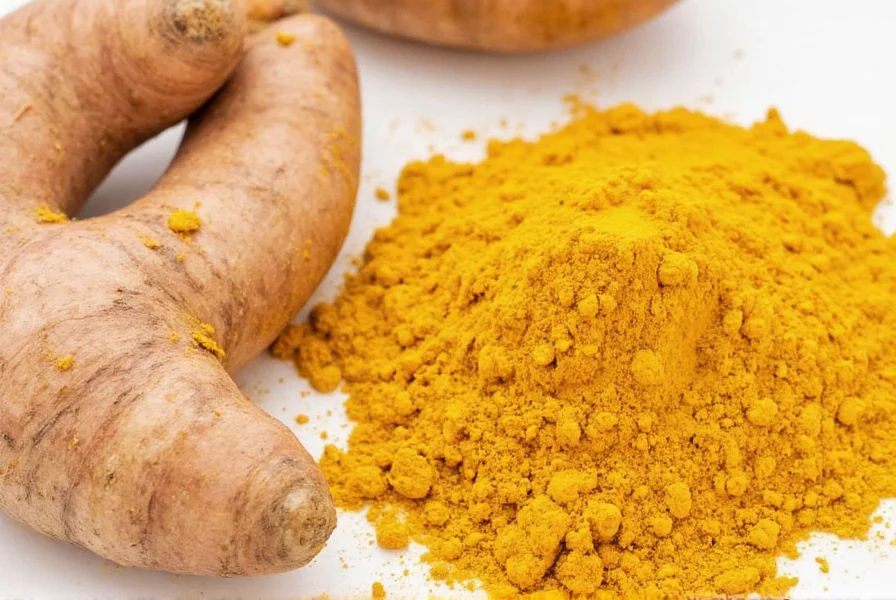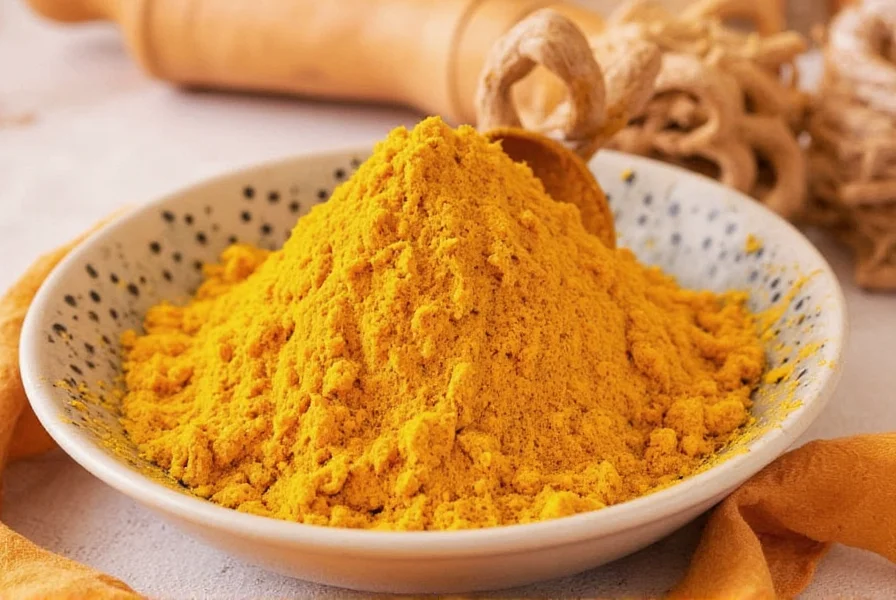When expecting mothers search for information about turmeric safety during pregnancy, they need clear, evidence-based guidance they can trust. This article examines the scientific evidence regarding turmeric consumption at different stages of pregnancy, distinguishing between culinary use and supplement forms.
Understanding Turmeric and Pregnancy Safety
Turmeric, a bright yellow spice commonly used in Indian cuisine and traditional medicine, contains curcumin as its primary active compound. While turmeric has well-documented anti-inflammatory properties, pregnancy creates unique considerations for its consumption.
The critical distinction lies between culinary turmeric (the spice used in cooking) and supplemental turmeric (concentrated extracts or capsules). Medical professionals consistently differentiate between these two forms when addressing is turmeric safe while pregnant.

Culinary Turmeric vs. Supplements: The Critical Difference
When evaluating is turmeric safe during pregnancy, researchers emphasize the significant difference in concentration between food use and supplements:
| Form of Turmeric | Curcumin Content | Pregnancy Recommendation |
|---|---|---|
| Culinary spice (in food) | 2-5% curcumin | Generally considered safe in normal amounts |
| Turmeric tea | Varies (typically low) | Safe in moderation (1-2 cups daily) |
| Supplements/extracts | 95%+ curcumin | Not recommended during pregnancy |
Scientific Evidence on Turmeric Consumption While Pregnant
Current research provides important insights about turmeric consumption while pregnant. A 2022 review published in the Journal of Herbal Medicine analyzed multiple studies and concluded that:
- Normal dietary intake of turmeric (approximately 1/2 to 1 teaspoon daily in food) shows no adverse effects during pregnancy
- High-dose curcumin supplements may potentially stimulate uterine contractions, particularly in the first trimester
- Limited evidence suggests turmeric supplements might interfere with iron absorption, which is crucial during pregnancy
The American College of Obstetricians and Gynecologists (ACOG) states that while culinary spices like turmeric are generally recognized as safe, concentrated herbal supplements require medical consultation during pregnancy.
Potential Benefits and Risks of Turmeric During Pregnancy
Understanding the balance between potential benefits and risks is essential when considering how much turmeric is safe during pregnancy.
Benefits of Moderate Culinary Use
- Natural anti-inflammatory properties that may help with pregnancy-related joint discomfort
- Antioxidant effects that support overall health
- Digestive benefits when used in normal food amounts
- Flavor enhancement without added sodium or sugar
Potential Concerns with Excessive Consumption
- Uterine stimulation at very high doses (primarily a concern with supplements)
- Potential blood-thinning effects when consumed in extremely large quantities
- Possible interference with iron absorption at medicinal doses
- Lack of long-term safety data for high-dose supplementation during pregnancy

Medical Organization Recommendations
Major health organizations provide guidance on is turmeric anti-inflammatory safe for pregnancy:
- ACOG: Considers culinary turmeric safe but advises against herbal supplements without physician approval
- WHO: Lists turmeric as generally safe in food amounts but notes insufficient data on supplemental forms during pregnancy
- NIH Office of Dietary Supplements: States that while turmeric in food is safe, high-dose supplements should be avoided during pregnancy due to theoretical risks
Practical Recommendations for Expecting Mothers
Based on current evidence, here's what pregnant women should know about turmeric tea while pregnant and other forms:
- Continue using turmeric as a spice in normal cooking amounts (1/4 to 1 teaspoon per dish)
- Limited turmeric tea (1-2 cups daily) is likely safe, but avoid excessive consumption
- Avoid turmeric supplements and concentrated curcumin extracts unless specifically approved by your obstetrician
- Check curry powder ingredients as some blends contain higher concentrations of turmeric
- Consult your healthcare provider before using turmeric for medicinal purposes during pregnancy
When to Consult Your Healthcare Provider
Certain situations warrant specific discussion with your obstetrician about risks of turmeric in pregnancy:
- If you have a history of miscarriage or preterm labor
- If you're taking blood-thinning medications
- If you have gallbladder issues (turmeric may exacerbate these)
- If you're considering turmeric for specific pregnancy-related conditions
- If you regularly consume turmeric in amounts exceeding typical culinary use
Conclusion
The question of whether is turmeric safe while pregnant has a nuanced answer that depends on the form and amount consumed. Culinary use of turmeric as a spice in normal food amounts is generally considered safe throughout pregnancy. However, turmeric supplements, concentrated extracts, and excessive consumption should be avoided due to potential risks. Always discuss any concerns about herbal products with your healthcare provider, who can provide personalized guidance based on your specific pregnancy and health history.
Frequently Asked Questions
Can I eat curry while pregnant?
Yes, you can eat curry while pregnant as long as it contains turmeric in normal culinary amounts. Most commercial and homemade curries use turmeric in safe quantities. However, avoid extremely spicy curries that might cause heartburn or digestive discomfort, which are common during pregnancy.
Is turmeric tea safe during pregnancy?
Turmeric tea is generally safe in moderation during pregnancy (about 1-2 cups daily). However, avoid excessive consumption as high amounts might potentially stimulate the uterus. If you're making golden milk (turmeric milk), be mindful of additional ingredients like black pepper which increases curcumin absorption.
Why are turmeric supplements not recommended during pregnancy?
Turmeric supplements contain highly concentrated curcumin (often 95%+), which is significantly more than what you'd consume in food. At these high concentrations, turmeric may potentially stimulate uterine contractions, affect hormone levels, or interfere with iron absorption - all of which pose theoretical risks during pregnancy. The lack of comprehensive safety studies on high-dose turmeric during pregnancy leads medical professionals to recommend caution.
Can turmeric cause miscarriage in early pregnancy?
There is no conclusive evidence that culinary amounts of turmeric cause miscarriage. However, some animal studies suggest that extremely high doses of curcumin (equivalent to medicinal supplements, not food amounts) might potentially stimulate the uterus. This theoretical risk is why healthcare providers recommend avoiding turmeric supplements during pregnancy, especially in the first trimester, while normal culinary use remains considered safe.
How much turmeric is safe to consume daily during pregnancy?
Most experts consider 1/4 to 1 teaspoon of turmeric powder per day in food to be safe during pregnancy. This amount provides flavor and potential health benefits without reaching concentrations that might pose risks. This equates to approximately 500-1,000 mg of turmeric in food preparation, which is significantly less than the 500-2,000 mg found in typical supplements.











 浙公网安备
33010002000092号
浙公网安备
33010002000092号 浙B2-20120091-4
浙B2-20120091-4